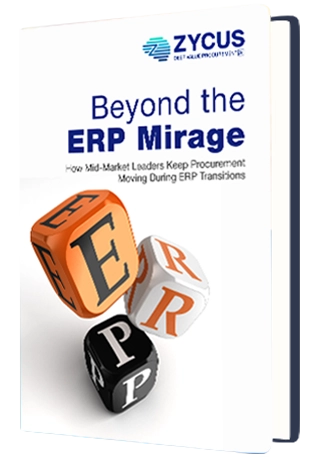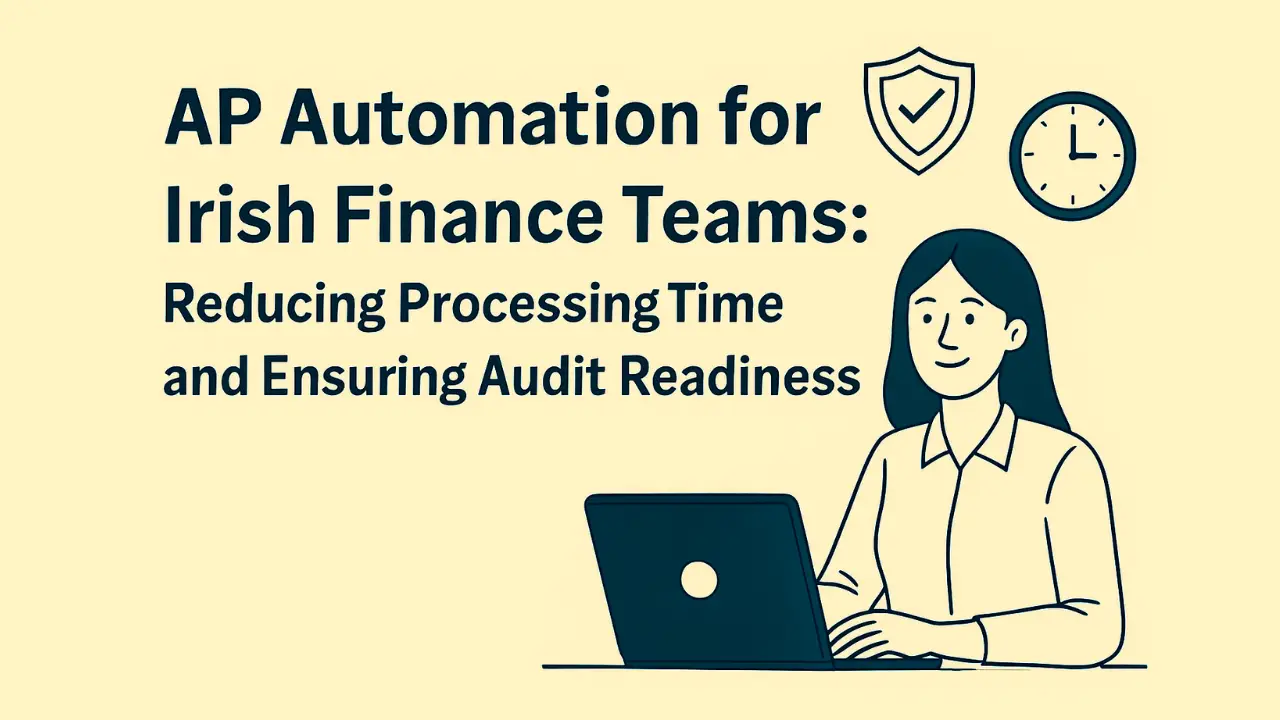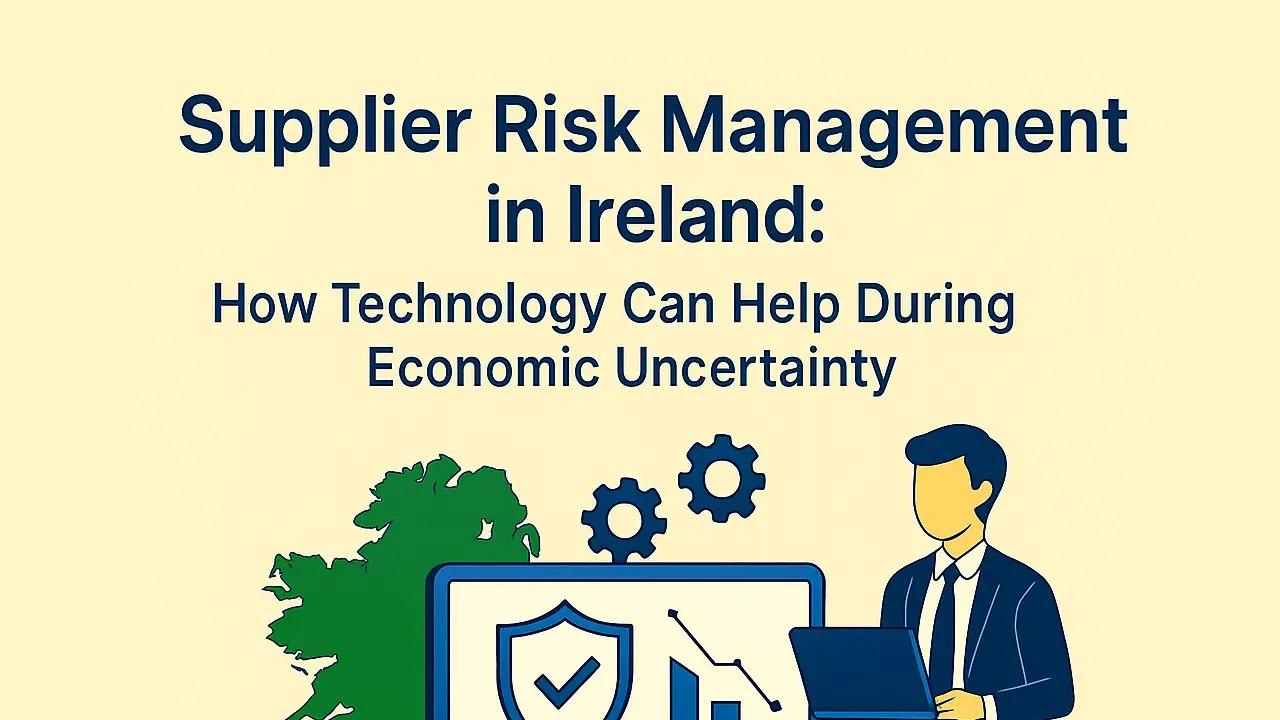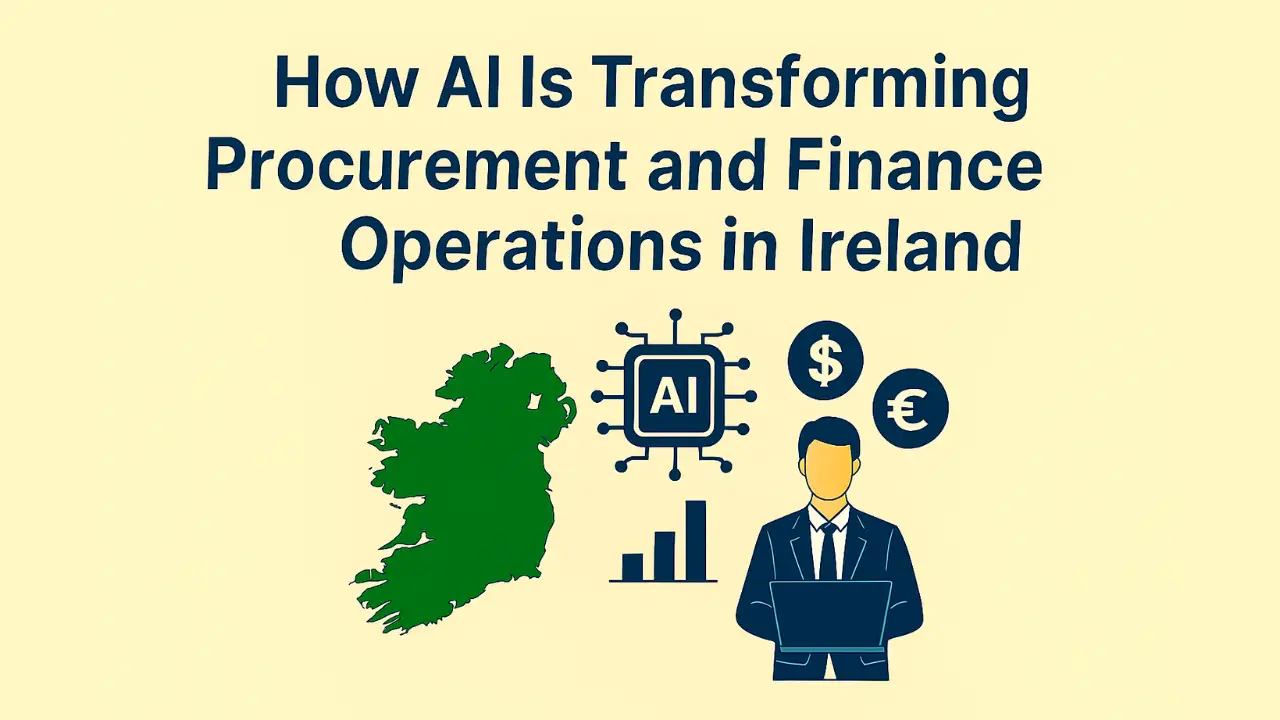TL;DR
- Vendor data management in emerging markets is often messy, leading to duplicate records, payment errors, and rogue spend.
- Poor vendor data weakens compliance, negotiations, and procurement reporting.
- AI-driven tools fix these issues by detecting duplicates, normalizing supplier records, enriching missing fields, and monitoring updates.
- Clean vendor data enables accurate reporting, stronger supplier negotiations, compliance assurance, and reduced risk.
- For emerging enterprises, vendor data management is the foundation of financial control and procurement credibility.
Why Vendor Data Becomes a Hidden Liability
In fast-growing enterprises, vendor data often grows unchecked. Different departments maintain their own supplier lists. Invoices reference variations of the same vendor name. Contracts are stored across email threads and shared drives. The result is duplicate entries, inaccurate records, and little confidence in reporting.
This problem is more than administrative. Poor vendor master data leads to duplicate payments, compliance failures, and missed opportunities for negotiated discounts. Combined with rogue spend — purchases made outside approved channels — it erodes procurement’s ability to deliver savings or visibility. For CFOs and procurement leaders in the mid-market, cleaning up vendor data is not a nice-to-have. It is the foundation for financial control.
The True Cost of Rogue Spend and Poor Vendor Data
Emerging enterprises typically underestimate the financial impact of unmanaged vendor data. The risks include:
- Duplicate Suppliers: Inflated supplier counts dilute negotiation power.
- Payment Errors: Duplicate or inaccurate records lead to overpayments.
- Contract Leakage: Spend drifts away from negotiated terms because suppliers are not properly mapped.
- Compliance Gaps: Regulators and auditors flag incomplete or inconsistent supplier records.
- Rogue Spend: Purchases made outside procurement processes compound these risks and undermine ROI.
When organizations grow quickly, these issues multiply. What looks like small leakage in early stages can snowball into millions in lost value.
How AI Improves Vendor Data Management in Emerging Markets
Artificial Intelligence offers a scalable solution to messy supplier records. Instead of manual clean-up, AI tools can:
- Detect Duplicates: Identify and merge duplicate supplier records across systems.
- Normalize Data: Standardize vendor names, tax IDs, and addresses for consistency.
- Enrich Profiles: Add missing information such as certifications, risk scores, or payment history.
- Monitor Changes: Continuously update records when supplier details change.
This automation frees procurement teams from data janitorial work and ensures master data becomes a trusted foundation for reporting and compliance.
Linking Vendor Data to Business Value
Clean vendor data is not an end in itself. It enables:
- Better Reporting: Accurate spend analysis and supplier performance reports.
- Stronger Negotiations: Consolidated supplier lists boost leverage in sourcing events.
- Compliance Assurance: Reliable data meets audit and regulatory requirements.
- Reduced Risk: Supplier scoring models can only be effective if the underlying data is clean.
Combined with guided intake and AP automation, vendor master data management closes the loop between request, approval, and payment.
Conclusion
Vendor master data may not be glamorous, but it is one of the most powerful levers for controlling spend. For emerging enterprises, AI-driven vendor management turns chaos into control. It reduces errors, prevents rogue spend, and restores confidence in procurement reporting. Clean data is the first step toward procurement credibility — and long-term financial discipline.
Ready to see how AI-driven vendor data management can transform your enterprise? Request a Demo today.
FAQs
Q1. What is vendor data management in emerging markets?
Vendor data management in emerging markets is the process of maintaining accurate, consistent, and complete supplier records to reduce errors, prevent rogue spend, and improve procurement reporting.
Q2. Why is vendor data management important for emerging enterprises?
Accurate vendor data prevents duplicate suppliers, payment errors, and compliance gaps. For emerging enterprises, clean data strengthens negotiations and financial control.
Q3. How does AI improve vendor data management in emerging markets?
AI automates vendor data management by detecting duplicates, normalizing supplier information, enriching missing details, and continuously updating records for accuracy.
Q4. How does clean vendor data reduce rogue spend in emerging markets?
By ensuring every purchase request is tied to the correct supplier and contract, clean vendor data prevents off-contract buying and keeps spend under control.
Q5. What business value does vendor data management deliver?
Strong vendor data management enables better spend reporting, compliance assurance, supplier risk management, and long-term procurement credibility.
Related Reads:
- Procurement KPIs That Matter for Fast-Growing Companies
- How to Prove Procurement Software ROI (With Real Numbers)
- The Ultimate Guide to Accounts Payable Software for Emerging Enterprises
- The Adoption Deficit: Solving the Procurement Change Challenge in Emerging Enterprises
- From Automation to Autonomy: The Evolution of AI in Procurement
- Six Must-Have Procurement Reports for Emerging Enterprise
- Smaller Teams, Bigger Stakes: Solving the Procurement Overload in Emerging Enterprises
- Half the Budget, Twice the Pressure: The ROI Trap in Emerging Enterprise Procurement
- Stuck Between Excel and Enterprise: The Emerging Enterprise Procurement Tech Trap
- Flying the Plane While Fixing the Wings: The Procurement Paradox in Emerging Enterprises































































